Non O157 STECs aren’t new but it’s still kinda notable when they pop up in recalls. The more folks look, whether buyers or suppliers are testing for them, the more folks find.
In 2015 E. coli O26 caused 60 illnesses (including 22 hospitalizations) associated with Chipotle. No source was identified, but the pathogen has been seen in both meats and produce. Today’s winner is cut broccoli.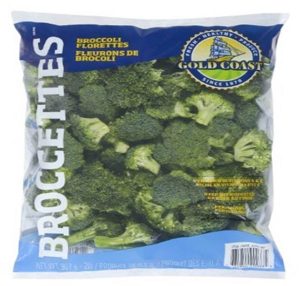
According to a CFIA post, Costco is recalling Gold Coast brand broccoli florettes after someone found the pathogen. Or as CFIA so helpfully says, ‘This recall was triggered by the company.’
Gold Coast has a food safety page on their website. They say stuff like, ‘Microbiological Testing Program – Our new, fully equipped, in-house Microbiological Laboratory performs raw product, in process, finished product, and environmental testing.’
and
‘All raw and finished products are “lot coded” and can be traced back to specific suppliers, growers, ranches, fields, and plots.’
I look forward to hearing more.


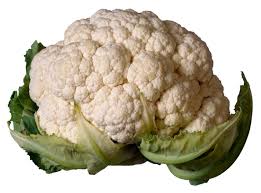

(1).jpg) bacteria was confirmed in the stool of those who suffered the food poisoning.
bacteria was confirmed in the stool of those who suffered the food poisoning.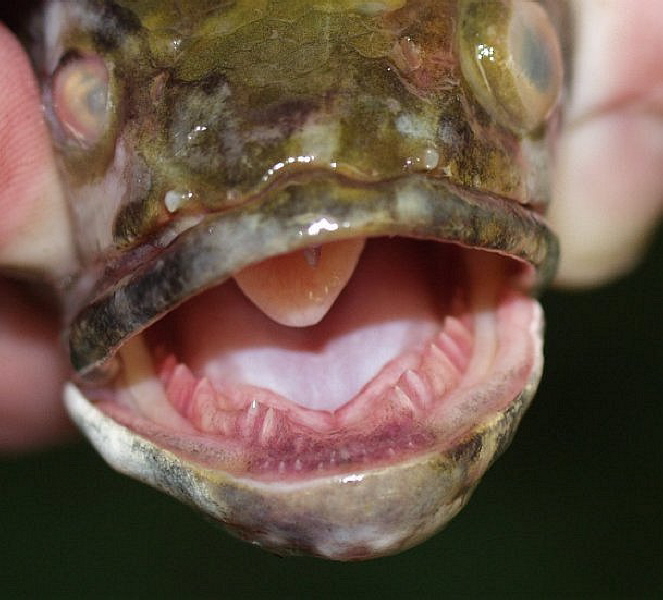 The Carrollton, Texas, company says Friday it asked the New York State Police to open a criminal investigation into product tampering. Spokeswoman Amy Freshwater said the snakehead was sent for testing at an independent laboratory that confirmed it had never been cooked and was added to the cooked broccoli.
The Carrollton, Texas, company says Friday it asked the New York State Police to open a criminal investigation into product tampering. Spokeswoman Amy Freshwater said the snakehead was sent for testing at an independent laboratory that confirmed it had never been cooked and was added to the cooked broccoli.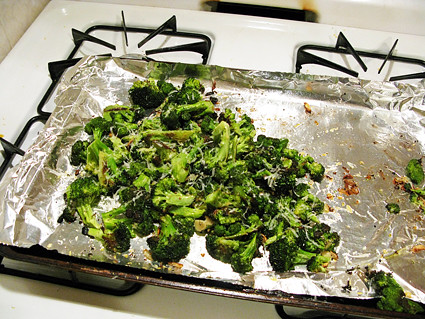 [D]ry them THOROUGHLY. That is, if you wash them.
[D]ry them THOROUGHLY. That is, if you wash them.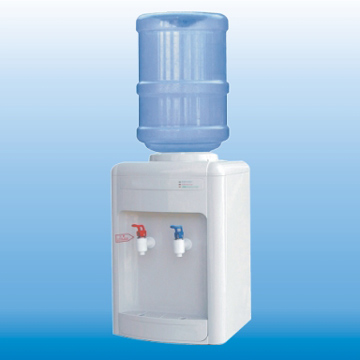
 Some kid in Meole Brace, near Shrewsbury, which is apparently in the U.K., found a four-inch gecko in broccoli purchased from supermarket Tesco.
Some kid in Meole Brace, near Shrewsbury, which is apparently in the U.K., found a four-inch gecko in broccoli purchased from supermarket Tesco.